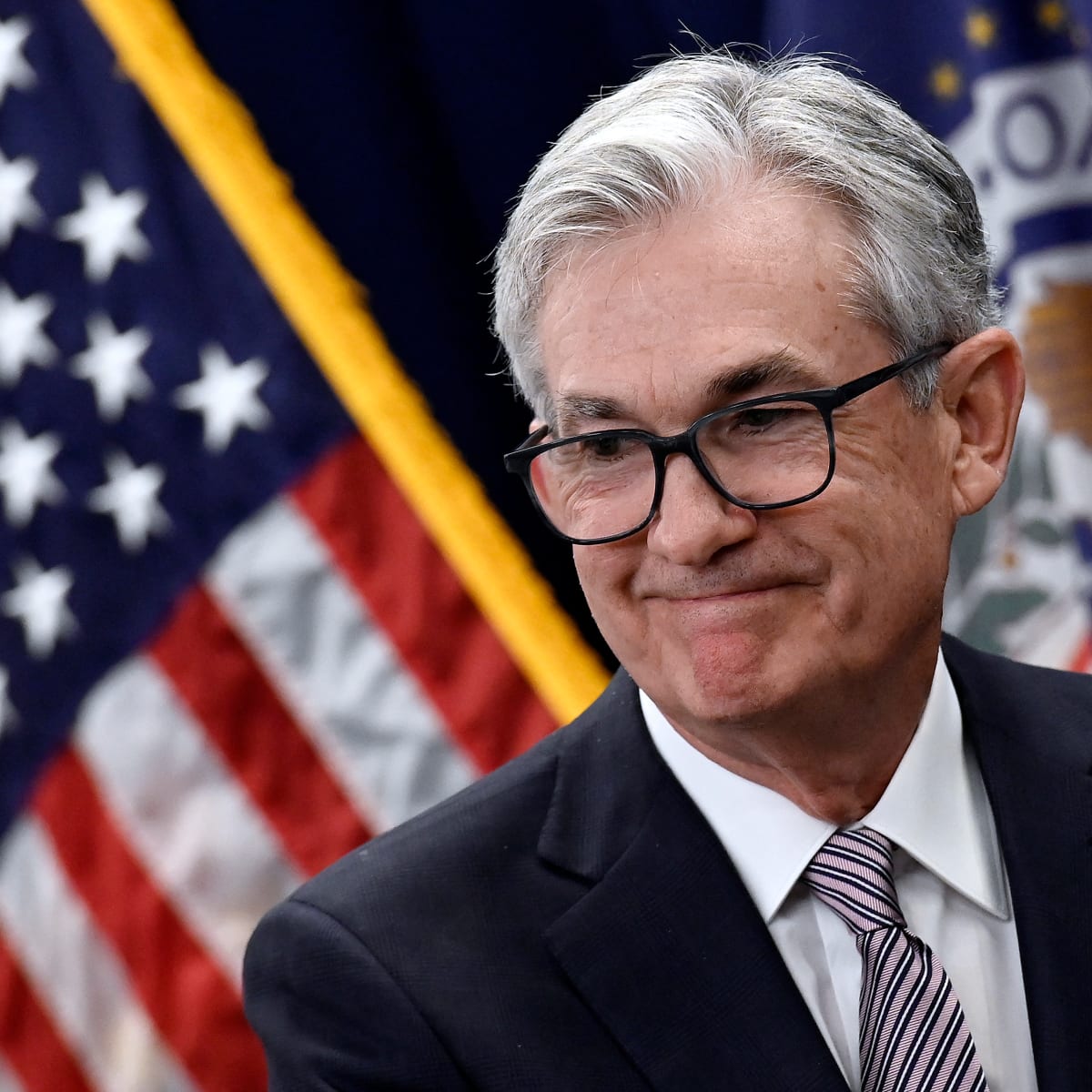The landscape of central bank digital currency (CBDC) in the United States is becoming increasingly complex, with political figures taking distinct positions on the matter. The latest development is former President Donald Trump’s vocal opposition to CBDC, raising questions about the future of digital assets and their role in the country. In an interview, the Digital Dollar Project (DDP), a non-profit organization dedicated to exploring CBDC, responded to Trump’s stance, shedding light on the potential challenges ahead.

Trump’s Anti-CBDC Stance
Donald Trump, the leading candidate for the Republican nomination, has once again entered the arena of digital assets by expressing his anti-CBDC stance. This is not the first time Trump has taken a stand against innovative financial technologies; during his presidency, he publicly denounced the value of Bitcoin, claiming it had no intrinsic value and was essentially created out of thin air. Alongside Trump, prominent Republicans such as Ron DeSantis and Vivek Ramaswamy have also shown resistance to CBDC, indicating a prevailing anti-digital currency sentiment within the party.
Impact on the Crypto Industry
The Republican opposition to CBDC, with Trump at the forefront, raises concerns about the future of the cryptocurrency industry. While it is clear that Republicans are against the adoption of CBDC, the broader implications for other digital assets remain uncertain. The question arises whether Trump will find any redeeming qualities in alternative digital currencies and how his position may influence the trajectory of the crypto industry.
Legislative Measures Against CBDC
In addition to Trump’s vocal opposition, Majority Whip Tom Emmer (R-Minn.) in the House of Representatives has sponsored the CBDC Anti-Surveillance State Act. This bill, supported by 60 Members of Congress and backed by the American Banker’s Association (ABA), aims to prevent the Federal Reserve from utilizing CBDC as a tool for monetary policy. The legislative landscape further complicates the prospects of CBDC adoption in the United States.
Digital Dollar Project’s Response
Amidst these challenges, the Digital Dollar Project, led by Executive Director Jennifer Lassiter, remains committed to exploring the possibilities and risks associated with CBDC. Lassiter, in response to Trump’s anti-CBDC stance, emphasized the historical role of the U.S. in leading exploration and experimentation. She expressed the complexity of CBDC implementation on a global scale but maintained that there was nothing inherently more “scary and hard” about it. The DDP, as stated on its website, aims to inform policymakers about the advantages and risks of CBDC.
Privacy Concerns and DDP Initiatives
Privacy emerges as a critical concern surrounding CBDC, and Lassiter acknowledges that addressing these issues may take decades. Since its inception in January 2020, the DDP has prioritized privacy concerns, recognizing the need for a comprehensive approach to safeguarding user data in a digital dollar environment. The organization has recently expanded its Advisory Group, seeking additional experts to contribute to the ongoing exploration of CBDC.
Partisan Divide and the DDP’s Challenges
One of the most significant challenges faced by the DDP is the sharp partisan divide on the issue of CBDC. With Republican leaders in Congress and presidential hopefuls on the campaign trail pledging to oppose CBDC at all costs, the project must navigate a complex political landscape. The non-partisan nature of the DDP positions it as a neutral entity, but the stark opposition from influential Republican figures poses a formidable obstacle.
As the Digital Dollar Project continues its mission to inform policymakers about the potential of CBDC, the emergence of Donald Trump as a prominent voice against digital currency adds a layer of complexity to the ongoing discourse. The organization faces the daunting task of bridging the partisan gap and garnering support for its initiatives. The future of CBDC in the United States hinges not only on technological feasibility but also on navigating the intricate web of political dynamics shaping the nation’s financial landscape.
Reference:



